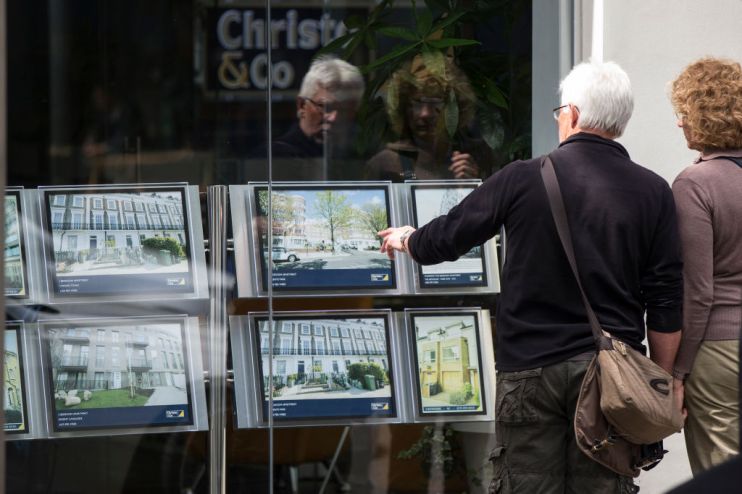Bank of Mum and Dad will drive housing market recovery

The Bank of Mum and Dad will be a key driving force behind the post-coronavirus recovery within the UK housing market, according to new analysis.
Nearly one in four housing transactions – 23 per cent – will be supported by the Bank of Mum and Dad (BoMaD), a four per cent rise since 2019, according to new research by Legal and General.
And 24 per cent of borrowers are now more reliant on financial support from family due to the pandemic.
The amount the BoMaD will lend this year is almost half of the total of 2019 as the housing market effectively locked down during the peak of the pandemic.
Families will lend £3.5bn to loved ones this year, compared to £6.3bn a year earlier, which will fund 85,000 fewer home purchases.
Of those who have recently bought a house and received support from loved ones, 65 per cent said it would have been “unlikely” without the BoMaD. L&G’s analysis shows the BoMaD will be even more generous than usual this year, lending on average £20,000 towards deposits.
Homebuyers in London are set to receive the most, with the average BoMaD “loan” standing at £25,800.
“While the Bank of Mum and Dad is leaning in to help those lucky enough to have its backing, a generation of hopeful buyers without the support of BoMaD could find themselves locked out of the housing market”, said Nigel Wilson, L&G chief executive.
The government reopened the UK housing market on 13 May after lockdown, and has since announced a stamp duty holiday to reignite the housing market.
While there was a collapse in purchases in the first half of the year, L&G’s analysis shows the BoMaD will be involved in 175,000 housing transactions with an estimated transaction value of £50.3bn.
Wilson added: “Whilst the generosity of the Bank of Mum and Dad is undoubtedly helping hundreds of thousands of loved ones to realise their homeownership goals every year, it remains a symptom of our broken housing market.”
“Our reliance on BoMaD is unfair and unsustainable, and it’s putting retirements at risk as parents and grandparents try to help their kids to have a similar standard of living as they enjoyed.”